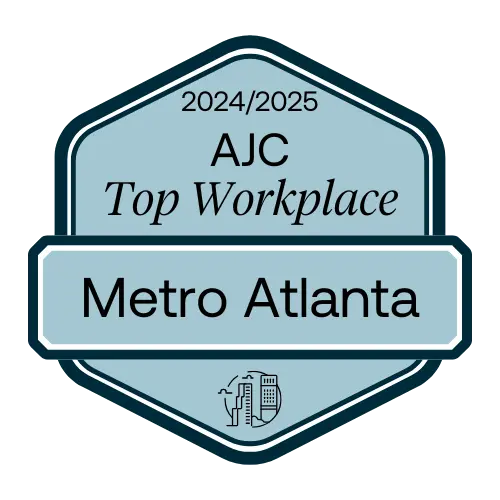
An investment firm
Deploying capital through acquisitions, credit & lending, and development — with end-to-end investment support.
Get the benefit of expertise. The insight of hundreds of investments executed, the power of billions under management, and services designed to protect, support and grow investments - all from one determined and accomplished partner.
A track record rooted in expertise.
Leverage a wealth of industry knowledge, gain invaluable strategic guidance and maximize your investments. Our seasoned experts are committed to excellence with a visionary approach that uncovers unseen opportunities and anticipates market changes.









Invested in your growth.
Peachtree Group operates across three core investment verticals.
Maximized returns don't just happen. They're forged from long time industry know-how, market insight, and an expert partner to put the puzzle together.
Acquisitions
Credit & Lending
Development
End-to-end support
Achieve success with services designed to preserve your capital and grow your investments.
Hands-on operational and investment management designed to protect capital and maximize long-term value.
Ventures
Peachtree Group identifies and incubates promising ventures with the potential to complement our portfolio, bringing the investment to you when it is ready to power future growth.
No two investments are the same.
That's where we thrive.
News & Insights
The latest announcements, market perspective, and media coverage from Peachtree Group.





%20Photo.jpg)







